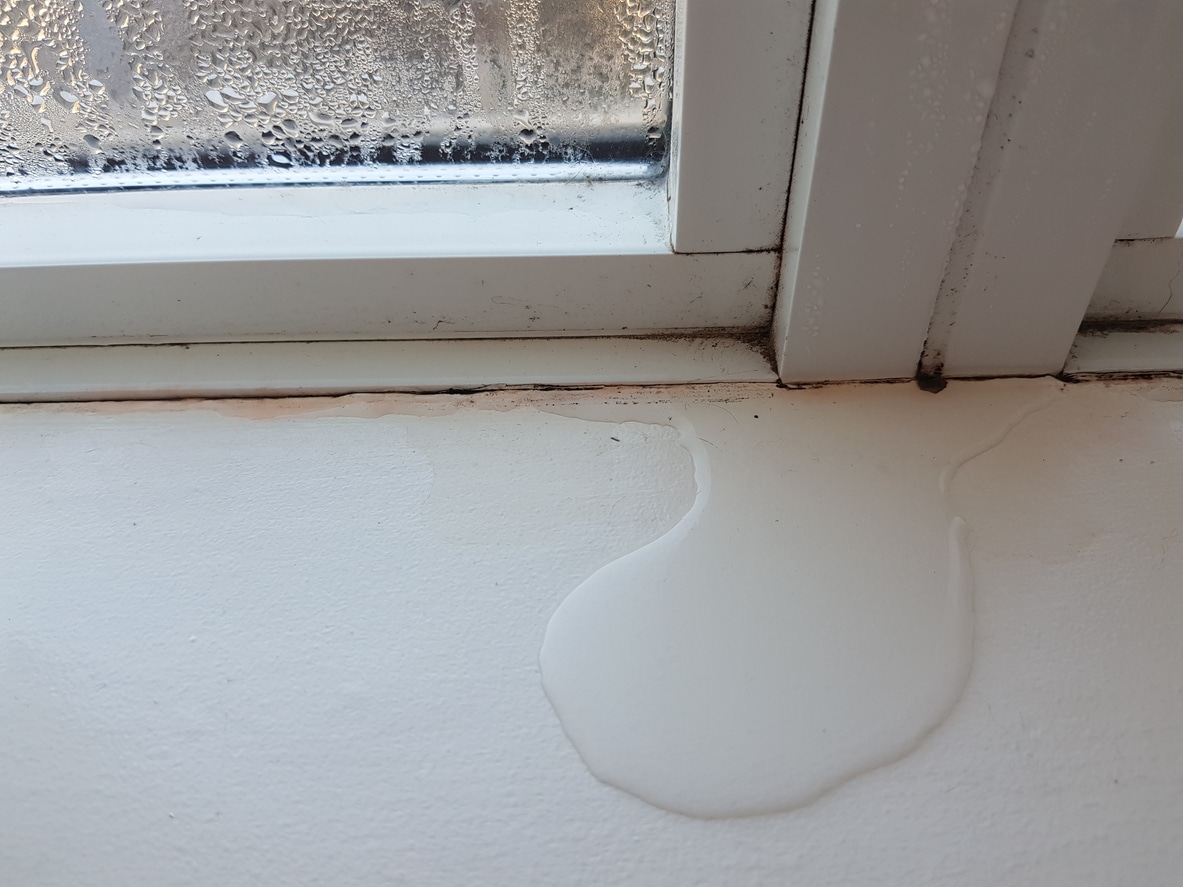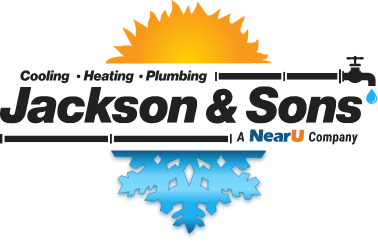
Lower humidity in a home can pay off via greater indoor comfort and a healthier indoor environment. According to the Mayo Clinic, most households should aim for a relative humidity level between 30% and 50%. To keep the indoor environment in that range, there are a number of measures you can take.
Indoor humidity that rises above the recommended range may be a simple fact of the local climate. When the humidity is often too high outdoors, these consequences may result:
- High humidity breeds mold and mildew in a house, which can release spores that can cause allergic reactions and chronic illness.
- Wood and other structural materials that are exposed to high humidity for extended periods may warp and/or deteriorate. Paint may peel and tiles and flooring may loosen.
- Many insects breed more and are more active inside when humid conditions exist.
- Homes feel less comfortable. Occupants typically turn AC thermostat settings lower, causing the AC to run longer cycles. This usually means higher monthly cooling costs.
Some things you can do to achieve a lower humidity level in your home include:
- To keep moist outdoor air outside, have the house checked for excessive leakage due to structural air leaks that allow humid air to infiltrate.
- Keeping lower humidity indoors is a major role of the central air conditioner. If the AC is not functioning up to specifications, humidity may soar in summer. A system maintenance tune up by a qualified HVAC contractor can identify any problems in the AC indoor and outdoor units and offer suggestions to restore optimum humidity reduction.
- Add a whole-house dehumidifier. This system is normally installed in non-living areas of the home, such as basements, attics, and crawl spaces. Installed to work in conjunction with your home’s heating and cooling system to lower the humidity.
- If it’s time to replace your central AC, consider a heat pump to take its place. Heat pumps are typically more effective at keeping indoor humidity lower than a standard air conditioner.
Lower humidity in the house is very doable, even in our hot and humid Eastern North Carolina summer climate. Ask the pros at Jackson & Sons for more information.

